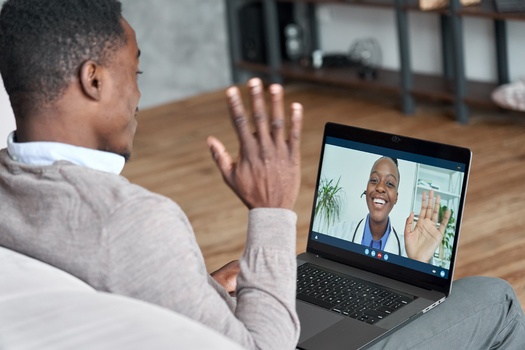By Shanteya Hudson | Public News Service —
A half-million Georgians face the reality of inadequate internet access, according to the state’s broadband annual report.
The glaring digital divide drastically affects essential services in business, education and health care. Rural residents, in particular, encounter difficulties in getting telehealth service from medical professionals.
Natasha Taylor, senior director of policy and access for the group Georgia Watch, said as hospital closures escalate across the state due to mergers and acquisitions, it is critically important to bridge the gap.
“I think that telehealth can greatly improve health care access in rural parts of the state, because it prevents people from having to travel, you know, over an hour, hour-and-a-half, to the closest emergency room for a cold,” Taylor pointed out.
Taylor highlighted areas like Cuthbert, where many residents have to seek primary care more than 40 miles away at Phoebe Putney hospital facilities.
Georgia ranks third-highest among states for uninsured residents. More than a million Georgians do not have health coverage, which Taylor emphasized is another reason to rethink health care equity in the region.
As the state works to improve its broadband infrastructure, Taylor said one focus should be on making sure telehealth is easily accessible to all. She suggested health care providers could offer training sessions for patients who are unfamiliar with the technology as a start to a more holistic strategy.
“I know that telemedicine can be one fix, but I don’t think it’s the only fix,” Taylor explained. “I think it’s kind of a multifaceted approach that needs to be considered when developing policies to address these health care gaps.”
In addition to better broadband, Taylor added enhancing affordability and accessibility for immigrants and refugees must be woven into the conversation, to ensure health care reaches every individual, no matter where they are in the state.
Copyright © 2023 Public News Service

